Celebrities »
Singer »
Yuvan Shankar Raja
|







Singer Shazia Manzoor
Shazia Manzoor is a Pakistani Singer. Sh Singer Runa Laila Runa Laila is a singer. She was Bengali Singer Aamir Zaki Aamir Zaki (Urdu: عام& Singer Faiza Mujahid Faiza Mujahid is the new Pakistani singe Singer Zubaida Khanum Zubeda Khanum is Pakistani female singer Singer Alamgir Alamgir is Pakistani Pop singer of 1970' Singer Ali Azmat Ali Azmat is a Pakistani musician and si Singer Farida Khanum Farida Khanum is a renowned Pakistani Gh Singer Shabnam Majeed Shabnam Majeed is Pakistani singer. Sha Singer Goher Mumtaz Gohar Mumtaz is Pakistani singer, compos Advertisement |

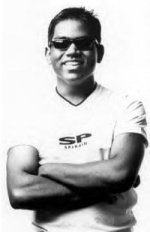
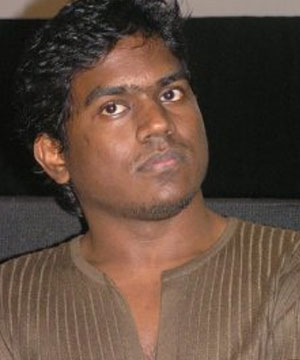
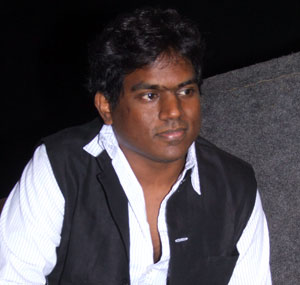
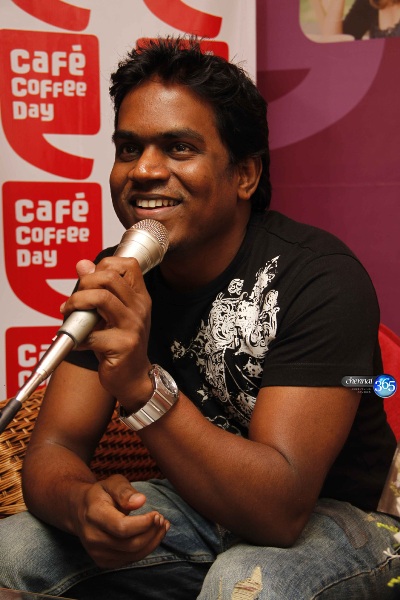
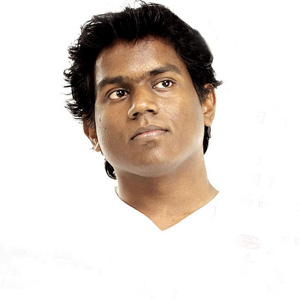
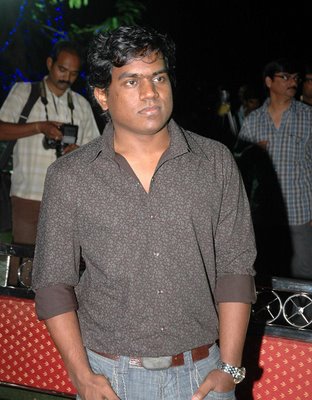
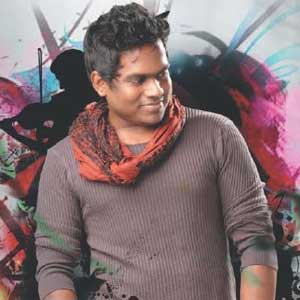

LiveTV.pk
Bookmark Live Tv
Share & Win